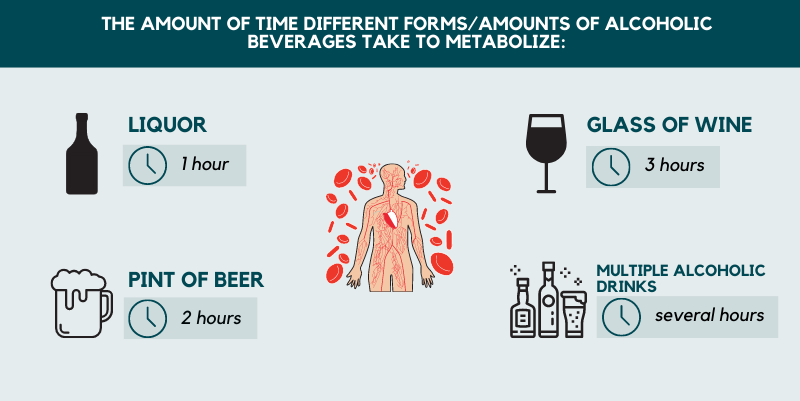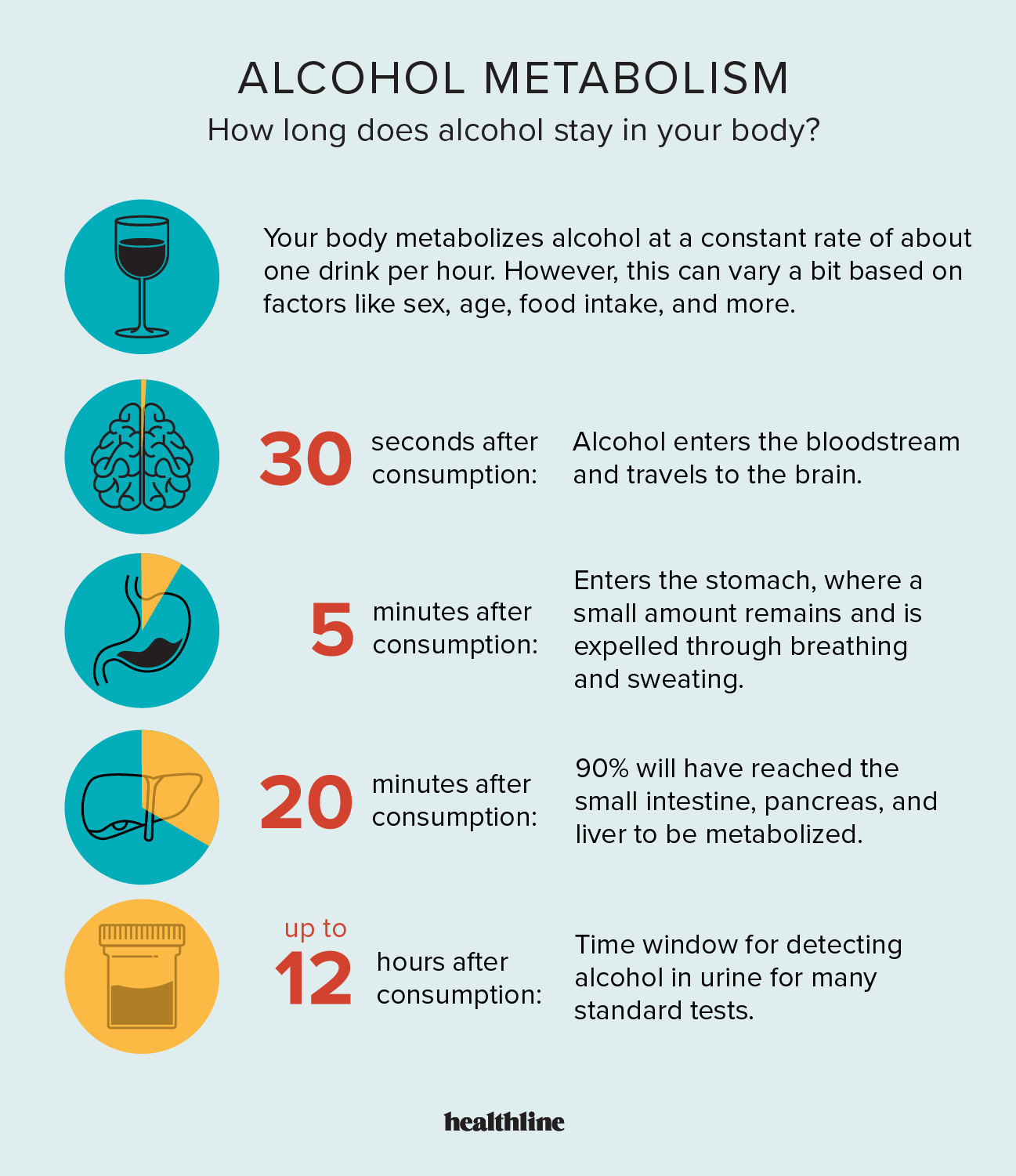Ever found yourself wondering how much longer you’ll be feeling the effects of that last drink? Or why your buddy seemed perfectly fine until he suddenly wasn’t? Alcohol metabolism can feel like a mystery, but it’s something everyone should understand—especially if you’re planning a night out or wondering about your health.
Let’s dive into this topic, breaking down exactly how long alcohol stays in your system and what that really means for you.
What is Alcohol Metabolism?
First off, let’s get into what we mean by alcohol metabolism. When you drink, your body views alcohol as a toxin—something to be dealt with and eliminated. Your liver takes on the heavy lifting, breaking down alcohol into less harmful substances. This involves a series of biochemical processes, mainly involving enzymes like alcohol dehydrogenase (ADH) and acetaldehyde dehydrogenase (ALDH).
Think of your liver as a factory, churning away at producing all the “clean” products by turning the “raw materials” (aka booze) into manageable byproducts.
How Long Does Alcohol Stay in Your System?
You might be surprised to learn that the time alcohol stays in your system varies depending on several factors.
Generally speaking, alcohol can be detected in your blood, breath, urine, and even saliva for differing time frames.
In Blood and Breath
In your bloodstream, alcohol can usually be detected for up to 12 hours after consumption. Breathalyzers can pick up alcohol for about 24 hours.
So, if you’re planning to drive the next day after a few drinks, you might want to think again.
In Urine
Now, when it comes to urine tests, alcohol can be detected for about 3 to 5 days, depending on various factors like how much you drank, your hydration levels, and your body composition.
So if you think you can just pee it out after a big night out, think twice!
In Saliva
Saliva tests can generally detect alcohol for about 1 to 2 days following consumption.
This is less common for standard tests but something to keep in mind if you find yourself in that situation!
Factors Influencing Alcohol Metabolism
You may be thinking, “Okay, that sounds great, but why does it seem like some folks can drink a lot without feeling it, while others are tipsy after just one?”
Several factors can influence how quickly alcohol is metabolized.
Body Weight and Composition
Your body size and fat percentage play significant roles. A heavier person might metabolize alcohol more quickly simply because they have a larger volume of blood to dilute it.

That’s not to say it’s a blanket rule—everyone’s body chemistry is unique!
Gender
Women typically metabolize alcohol differently than men due to variations in body composition and hormonal differences.
Women generally have a higher fat-to-water ratio, which can mean alcohol stays in their system longer.
Age and Health
As we age, our liver efficiency can decline, which affects how quickly we can process alcohol.
Plus, health conditions like liver disease can greatly alter metabolism speed.
Conclusion
So, the next time you’re grabbing a drink with friends or assessing your own habits, remember that alcohol doesn’t just vanish after you’ve had your last sip.
Understanding how alcohol metabolizes can help you make informed choices, whether that means deciding when to drive or just planning your next drink.
Staying aware is key, and it might just save you from some “hangover regrets”!
FAQs
1. Can I speed up alcohol metabolism?
No, time is the only true healer here. Drinking coffee or taking a cold shower will not speed up the process. Your liver needs time to do its job.
2. Does mixing drinks affect how long alcohol stays in your system?
Mixing drinks won’t necessarily change how long alcohol stays in your body, but it can affect how quickly you intoxicate, leading to poor judgment or over-consumption.
3. What are some signs that alcohol is still in my system?
Signs might include feeling tired, sluggish, or even experiencing a headache, all signs of a hangover that typically mean the alcohol is still affecting you.
4. How can I test if alcohol is still in my system?
Various tests can be done, including breath, blood, and urine tests. If you’re ever in doubt, it’s best to skip driving altogether.
5. What’s a safe amount to drink?
Moderation is key! For many, this means no more than one drink per hour. But individual limits can vary greatly, so listen to your body.

